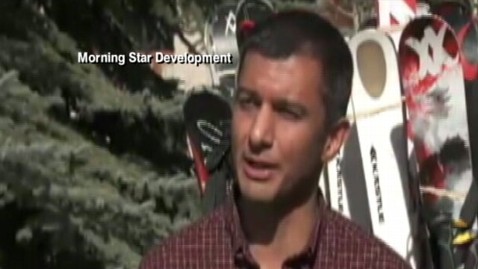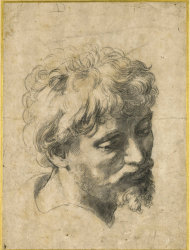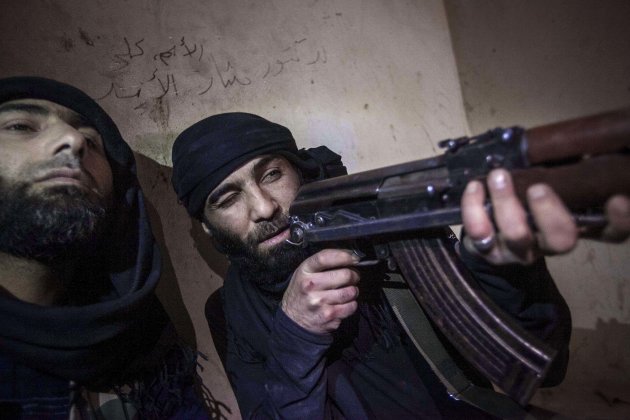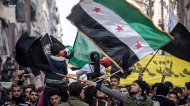The World’s Best Places To Live
 By Rajeshni Naidu-Ghelani | CNBC – 14 hours ago
By Rajeshni Naidu-Ghelani | CNBC – 14 hours ago
Can there be a city that is crime and pollution free, with excellent public transport and great schools to boast?
Human
resources consulting firm Mercer has put together a list of cities that
come closest to offering you all that. In its 2012 Quality of Living
report it looks at living conditions in 221 cities worldwide and ranks
them against New York as a base city in 10 categories - economy,
socio-cultural environment, politics, education, and healthcare.

Cities
in some of the world's biggest economies like the U.S. and Japan don't
make the cut. So, which are the world's best places to live in? Read
ahead to find out.
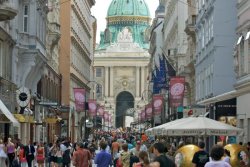 1. Vienna, Austria
1. Vienna, AustriaAustria's
most populous city – Vienna – has won the title of the world's best
city for quality of life since 2009. It is also one of eight European
cities to make the top 10 list, showing the region's dominance in the
survey.
Vienna is the cultural, economic, and political center of
the country. It has the highest per capita GDP among all Austrian
cities at over $55,000. Vienna's ability to transform old infrastructure
into modern dwellings won the city the 2010 United Nations urban
planning award for improving the living conditions of its residents.
Under a multimillion-dollar program, the city refurbished more than
5,000 buildings with nearly 250,000 apartments. Vienna is also the
world's No. 1 destination for conferences, drawing five million tourists
a year — equivalent to three tourists for every resident.
The
country's economy has, however, not been immune to the crisis plaguing
Europe, and shrunk 0.1 percent in the third quarter of the year, as the
European Union entered its second recession since 2009.
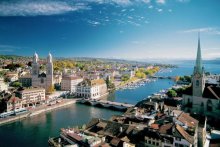 2. Zurich, Switzerland
2. Zurich, SwitzerlandZurich,
Switzerland's largest city, keeps the number two spot from last year
after holding the title of the city with the best quality of life in the
world previously. It is also one of three Swiss cities to make the top
10 rankings – tying with Germany for the most number of cities on the
list.
Known as a global financial center, one out of every nine
jobs in Switzerland is based in Zurich. Its low tax rates attract
overseas companies and the assets of the 82 banks based there are
equivalent to more than 85 percent of the total value of assets held in
Switzerland. The city is also the country's biggest tourist destination,
famous for its lakeside location and chain of hills that run from north
to south, providing an extensive range of leisure activities.
The
cost of living in Zurich is the sixth highest in the world, according
to Mercer. Both Zurich and Geneva make Switzerland the most expensive
country to live in in Western Europe. The city also attracts people to
buy luxury properties here, because of its low taxes, safety record and
good education system, according to real estate firm Knight Frank.
 3. Auckland, New Zealand
3. Auckland, New ZealandNew
Zealand's largest and most populous city, Auckland, offers the best
quality of life in the Asia-Pacific region, now for the second year in a
row. It has been consistently placed within the top five best places to
live in for the past six years.
Auckland is uniquely set between
two harbors, with 11 extinct volcanoes and numerous islands making it
the city with the world's largest boat ownership per person. Auckland is
New Zealand's economic powerhouse - its 1.4 million people account for
more than 30 percent of the country's population and contribute 35
percent to the country's GDP. Auckland is also home to the most educated
people in the country, with nearly 37 percent of its working population
holding a bachelor's degree or higher.
In March, the city
launched a 30-year initiative called "The Auckland Plan" to make it the
world's most livable city. The plan aims to tackle challenges in
transport, housing, job creation and environment protection. However,
the city has been impacted by the global economic slowdown. In the third
quarter New Zealand's unemployment rate hit a 13-year high of 7.3
percent.
 4. Munich, Germany
4. Munich, GermanyMunich
is Germany's third largest city and one of the country's key economic
centers. It is also one of three German cities to dominate the top 10
rankings for the best quality of life.
Holding on its fourth spot
from last year, Munich is home to some of Germany's most notable
businesses, including engineering firm Siemens and insurer Allianz. The
city generates nearly 30 percent of the gross domestic product of the
State of Bavaria. Munich's per capita purchasing power was more than
$33,700 in 2011, the highest among all German cities and 30 percent
above the national average. Drawing immigrants to its industries from
all over the world, more than a fifth of the city's residents are
foreigners.
Munich ties fellow German city Frankfurt for having
the second best infrastructure in the world, according to Mercer. In
total, four German cities including Dusseldorf and Hamburg dominate the
top 10 infrastructure rankings highlighting the country's first-class
airports and high standard of public services.
 5. Vancouver, Canada
5. Vancouver, CanadaVancouver is the only Canadian and North American city to make the top 10 list this year, similar to 2011.
Vancouver
has made it to a number of rankings on the world's most livable cities
over the past decade and has been among the top five in the Mercer
quality of living survey for the past six years. Home to one of the
mildest climates in Canada, Vancouver is also its greenest city with the
smallest carbon footprint of any major city in North America.
Surrounded by water and snowy mountains, Vancouver's government
constantly promotes green building, planning, and technology with the
ambition of becoming the world's greenest city by 2020.
In terms
of infrastructure, Vancouver also tops the rankings for North America at
ninth with Montreal and Atlanta landing in 13th place. Overall,
Canadian cities still dominate the top of the rankings for North America
despite only Vancouver making it into the global top 10. Ottawa comes
in at 14, Toronto at 15 and Montreal at 23, while it's closet U.S.
competitor is Honolulu at 28 globally.
See the full list: The World's Best Places to Live
 AFP Relax – 3 hours ago
AFP Relax – 3 hours ago Virgin boss Richard Branson (AFP Photo)
Virgin boss Richard Branson (AFP Photo)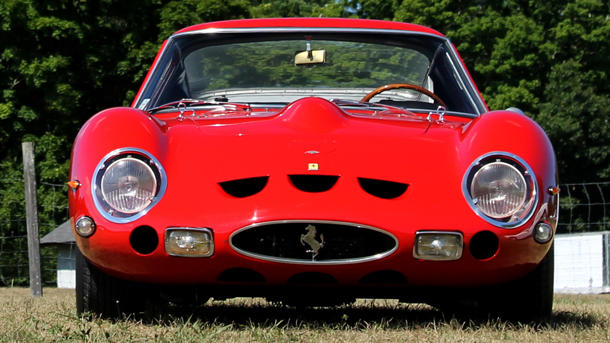







 Email
Email